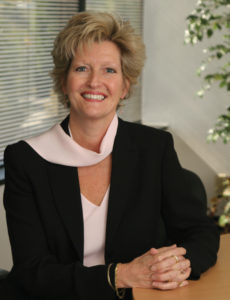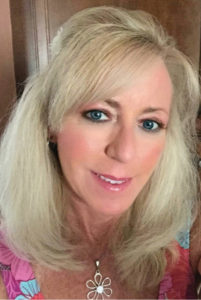Get A Plan
“By failing to prepare, you’re preparing to fail.” In seeking advice from three timeshare industry experts about running successful annual and board of directors’ meetings, I found that Benjamin Franklin’s saying, more than two centuries old, remains true today.“By failing to prepare, you’re preparing to fail.” In seeking advice from three timeshare industry experts about running successful annual and board of directors’ meetings, I found that Benjamin Franklin’s saying, more than two centuries old, remains true today.

“The golden rule with any of these meetings is to plan and be as prepared as you can possibly be,” says Jan Samson, senior vice president of corporate and business development at Vacation Resorts International (VRI). “Give the board enough time to review relevant documents in advance and prepare members for any discussions that will be included in their meetings.”
Are you ready? With many homeowners’ associations’ annual and board of directors’ meetings on the horizon, Resort Trades has prepared the following checklist to determine if you’re prepared for success this year.
- Determine the agenda. State laws, timeshare documents, and association issues will determine which items should be discussed. “Annual meetings are to address the annual responsibilities of the not-for-profit corporation, nothing more, nothing less,” says Dennis DiTinno, CEO of Liberte Management Group. “You’re voting for board members, and on required agenda items, such as the annual budget. Then you want to adjourn. My strategy is to only deal with the business of the business.” For board meetings, there are more variables to take into consideration. “Anything that may require a board vote should be on the agenda,” Samson says. “On-site managers can identify issues of concern.”
- Prepare the materials. “You want to have all the information necessary for a vote to take place,” Samson says. “If you have bids from vendors for major projects, then there should be apples to apples comparisons. If you’re wanting to proceed with foreclosures on certain intervals, then all the costs should be outlined.” For example, Samson may have insurance quotes detailed in an Excel spreadsheet so that board members may easily compare policies and associated proposals. “Then our staff can outline the pros and cons of each, and the board can make an educated decision.”
- Distribute the materials in advance. “I think the optimum window is about 10-14 days prior to the meeting,” says Sue Fox, director of client services for the Alderwood Group. “It’s simply a professional courtesy to give the board ample opportunity to review the materials in advance. The goal is to never, ever have a handout they haven’t seen before. You do run the risk of board members discussing issues, but I think having dialogue in advance is actually a good thing. This gives members time to call you before the meeting if they have questions or concerns, so any misunderstandings can be clarified.” There is one exception to this policy: personnel matters. “If you have to fire someone, that might take a different approach, depending on the confidentiality of the issue,” she adds. Although materials are emailed in advance, Fox has a hard copy in each board member’s folder that they can refer to during the meeting unless the board has asked her not to.
- Educate the Board.

Sue Fox “Your board, and certainly the officers, needs to be well aware of the association documents and any local statutes governing the timeshare meeting process, and also be familiar with Robert’s Rules of Order,” DiTinno says. “Board members need to understand their roles,” Fox adds. “You can’t assume that someone will know, and board training sets the stage for a great board experience.” Samson and/or regional VRI directors will meet with newly elected board members to explain the role VRI plays in the association’s success as well as provide them with, and review with them, a new board member binder that contains items such as association documents, meeting minutes, last year-end audit, current financials and budget, board policies, etc. “We want them to not only know what we do for our fees but also be as prepared and engaged as possible prior to their first meeting,” she says.
- Review the rules at the meeting. “Prior to the meeting, outline all housekeeping rules, with the note that unruly or renegade owners will be asked to leave the meeting and that the board reserves the right to cancel or postpone the meeting until a later time or date,” DiTinno says. What if someone does act up? “You try to temper that situation by managing the meeting,” Fox advises. “It will depend on those personalities involved. If we know the person and their agenda, there can be some campaigning and education before the meeting. You can also coach the board president on ways to handle it.”
- Have a solution in mind. If there’s adverse information to present, research the available options. “You should have clear and concise plan to either correct or deal with the problem to a positive outcome,” DiTinno says.
- Order the refreshments.

Dennis DiTinno It helps to have a strategy here, too. “I try to stay away from heavy food that might put them into a tranquil state,” Fox says. “I go with sandwiches or salads for lunch, and then if a meeting goes into the afternoon, having sweets and coffee can perk them back up.”
- Remember who you serve. “The annual meeting is an owners’ meeting,” DiTinno says. “Although the board normally runs the meeting, they can be challenged at any time by an owner to run the meeting.” If a small group of owners wants to push through something that won’t benefit everyone, timeshare resort management can urge a more holistic approach. “You can make recommendations, but you’re not the voting authority,” Samson says. “The best approach is to have an educated board that looks after the interests of all the owners.”





